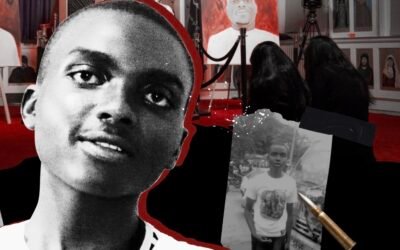On May 15, unidentified assailants came on a motorbike and killed two peaceful merchants. It is not the first time Sikhs are targeted.
by Massimo Introvigne

Two Sikh traders, Ranjit Singh (42) and Kuljeet Singh (38), were peacefully sitting in front of their shops in Peshawar, Khyber Pakhtunkhwa province, on May 15, when two men arrived on a motorbike, opened fire, and killed them.
In September last year, another Sikh shopkeeper had been similarly killed in Peshawar.

In Pakistan, the persecution of the Sikhs starts from statistics. The community reports there can be as many as 50,000 Sikhs in the country. Scholars believe they are around 20,000, but the government maintains they are less than 7,000.
Numbers are dwindling because of a long history of harassment, forced conversion, destruction of places of worship—and homicide.
As usual, Pakistani authorities condemned the double homicide. From Prime Minister Shehbaz Sharif to Khyber Pakhtunkhwa Chief Minister Mahmood Khan, all offered condolences to the Sikh community and promised justice.

However, rarely is justice delivered in these cases. The root cause of the crimes is the activity of Islamic Sunni extremist organizations that regard the Sikhs as dangerous enemies of Islam and disseminate hate speech.
Until these organizations and their campaigns of hate are not stopped, violence against religious minorities cannot but continue.


Massimo Introvigne (born June 14, 1955 in Rome) is an Italian sociologist of religions. He is the founder and managing director of the Center for Studies on New Religions (CESNUR), an international network of scholars who study new religious movements. Introvigne is the author of some 70 books and more than 100 articles in the field of sociology of religion. He was the main author of the Enciclopedia delle religioni in Italia (Encyclopedia of Religions in Italy). He is a member of the editorial board for the Interdisciplinary Journal of Research on Religion and of the executive board of University of California Press’ Nova Religio. From January 5 to December 31, 2011, he has served as the “Representative on combating racism, xenophobia and discrimination, with a special focus on discrimination against Christians and members of other religions” of the Organization for Security and Co-operation in Europe (OSCE). From 2012 to 2015 he served as chairperson of the Observatory of Religious Liberty, instituted by the Italian Ministry of Foreign Affairs in order to monitor problems of religious liberty on a worldwide scale.



